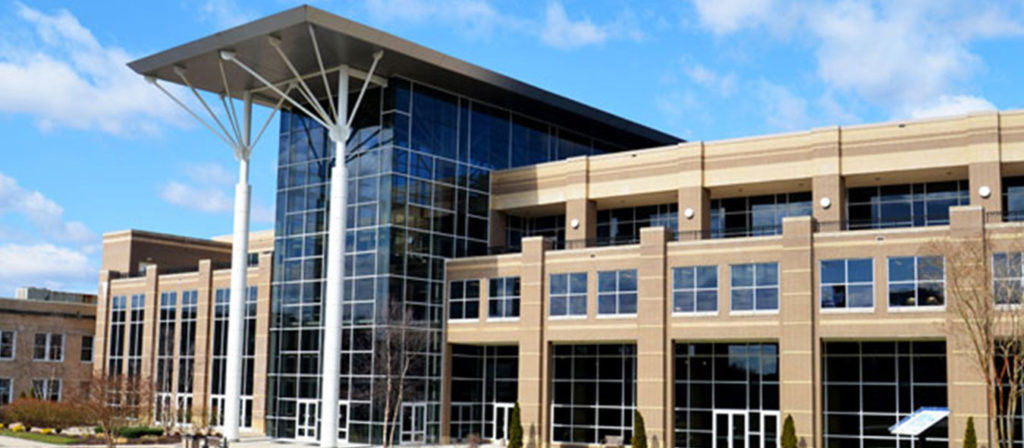Fairmont State University and its partners throughout the state have received over $2.6 million dollars to continue funding West Virginia’s FIRST2 STEM Student Success Alliance. The funding is part of the National Science Foundation (NSF) INCLUDES grant program, which helps to develop and maintain a diverse, innovative workforce in the fields of science, technology, engineering, and math. This initiative in West Virginia is one of five such programs nationwide to receive NSF funding under this grant program.
The First2 STEM Student Success Alliance develops and pilots activities for rural, first-generation students attending West Virginia colleges and universities. These programs provide early, first-hand STEM research experiences and support student leadership through STEM skills development, peer mentoring, and student advocacy.
Dr. Erica Harvey is the Principal Investigator of Fairmont State’s grant and will lead the Capacity Building Improvement team to build a statewide STEM success network, including industry/academic partnerships.
“Two years ago, First2 Network received funding for our pilot program aimed at providing first generation college students within West Virginia the opportunity for STEM internships the summer before they started college,” said Harvey. “Students interned at Fairmont State University with our Solar Army and at Green Bank Observatory. As they began their college careers, the students were part of a year-long online course and served as Hometown Ambassadors in order to share their experiences and recruit students into the program.”
Many students have participated and impacted the First2 Network program over the last two years. The following Fairmont State University students have been involved in helping with the design of the internships, the year-long course, the Hometown Ambassadors program, and the overall First2 Network project during the past two years:
Tyler Davis (2017 alum, math), Sarah Starcovic, (junior, chemistry), Rebecca Rutherford (junior, chemistry),
Allison Moore (senior, chemisry), Jerry Iweh (junior, chemistry and pre-pharmacy), Travis Harding (junior, forensic science), Taleah Bailey (junior, biology). Additional student mentors for summer internships include: Kaylee Andersen (sophomore, chemistry), Jessica Johnson (sophomore, biology and pre-med), Lindsey LaNeve (sophomore, biology and pre-med), Ashley Ruza (sophomore, chemistry education and pre-dental), and Andrea Allman (sophomore chemistry).
The success of the Alliance rests on three critical approaches. First, it improves student preparation for and transitioning to college. Second, it endeavors to replace ingrained institutional practices that stifle the development of STEM self-efficacy. Finally, it develops a FIRST2 Ambassadors program that guides undergraduate students to explore and soften the disconnect between rural life and STEM education, while reaching out to hometown students, collegiate institutions and state legislators.
The First2 Student Success Alliance makes a long-term commitment to foster collaboration and document successful programs so similar practices can be used to help other rural states develop their own STEM-capable workforce.
Finally, the First2 Alliance, which is part of the NSF INCLUDES program, will advance our knowledge of barriers to success and solutions that increase the success of all first-generation students in STEM.
“NSF INCLUDES was conceived as a sustained effort, a recognition that a problem as complex as the need to broaden participation in STEM required a long-term, collaborative approach,” said NSF Director France Córdova.“After laying the groundwork through pilot projects, NSF INCLUDES is taking a significant step toward creating a true national network with these new awards.”
Originally from FSU Now.
